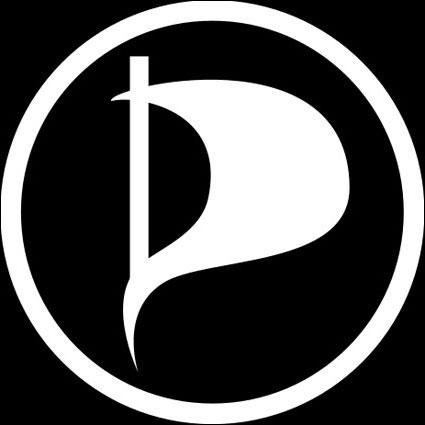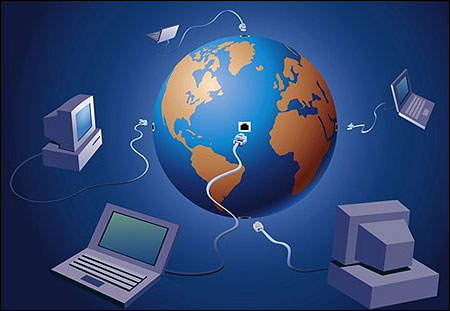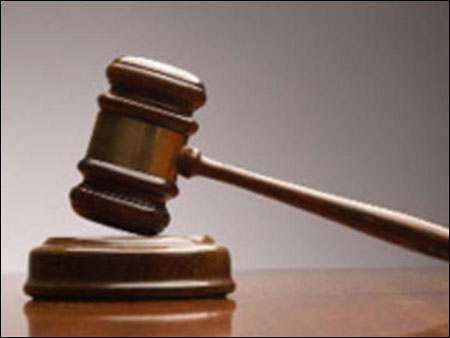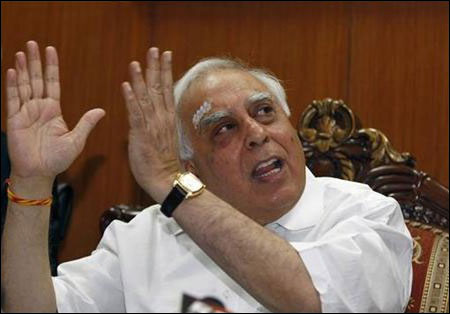Rajni Bakshi
The Pirate Party is fighting to retain the right to privacy and the right to communicate freely via e-mail, telephone or letters.
'Pirate Party' may at first seem like a political satire, poking fun at politicians who rob the public. But the Pirate Party is an actual political party that has recently fared well in elections across Europe. The Pirate Party has won enough votes in Germany to get into four state governments. It also has two seats in European Parliament.
What is the Pirate Party? Who does it appeal to?'
Its mission is freedom of expression, exchange and cooperation on the Internet. That means a struggle against copyright fundamentalism. The Pirate Party's basic premise is that "the internet is the best thing that ever happened to democracy, communication and culture since the printing press." This is not just because of the open mass communication that the Internet has facilitated but also because this enables the development of "a rich participatory culture in which we build on each others' work."
Therefore, the Pirate Party is fighting to retain the right to privacy and the right to communicate freely via e-mail, telephone or letters. This can be facilitated by a "balanced copyright system that allows people to take part in culture."
Founded in Sweden in 2006 the concept of the Pirate Party has spread rapidly across Europe giving rise of similar parties in various European countries as well as a Pirate Party in Canada and now a growing international presence.
The Party is apparently keeping a distance from traditional political formations - either right wing or left wing. Instead it promotes its political agenda with all mainstream parties.
Click on NEXT for more...
Pirate Party and Freedom
The Pirate Party essentially taps into a growing global concern that the Internet is being converted from a global public resource to a set of monopoly private enclosures and a means for entrenching dominant power.
This concern was articulated in a joint statement issued on May 18th by several civil society organizations - including, Focus on the Global South (Thailand), Instituto Nupef (Brazil), IT for Change (India), Knowledge Commons (India), Other News (Italy) and Third World Network (Malaysia)
These groups are committed to preserving the Internet as a force for restructuring economic, social, political and cultural systems. In its initial stage, says the joint statement, the Internet was created and sustained by benevolent actors, including academics, technologists, and start-up enterprises that posed a challenge to big businesses.
This is no longer the case: "What used to be a public network of millions of digital spaces, is now largely a conglomeration of a few proprietary spaces. (A few websites like Google, Facebook, Twitter and Amazon together make much of what is considered the Internet by most people today.)
We are also moving away from a browser-centric architecture of the 'open' Internet to an applications-driven mobile Internet, that is even more closed and ruled by proprietary spaces (like App Store and Android Market).
In fact, some Internet plans for mobiles come only with a few big websites and applications, without the open "public" Internet, which is an ominous pointer to what the future Internet may look like."
Click on NEXT for more...
Pirate Party and Freedom
Activist groups and individuals across the world are forming networks that are demanding democratic forms of governance of the Internet.
This means fighting various laws and policies that create enforcement of intellectual property rights across borders - notably through proposed US legislation such as Stop Online Piracy Act (SOPA) and the Cybersecurity Intelligence Sharing and Protection Act (CISPA).
"The U.S. government has stubbornly refused to democratize the oversight of the Internet's root server and domain name system, which it controls" says the joint statement. Similarly, the Organisation for Economic Cooperation and Development (OECD) has formed "Principles for Internet Policy-Making" which places emphasis on IP enforcement and private policing through large North-based Internet companies.
Northern countries are being criticized for resisting any U.N.-based initiative for development of global Internet principles and policies. For instance, the World Summit on the Information Society (WSIS) created a mandate for democratic governance of the Internet.
The UN Secretary General was supposed to begin the process towards enhanced cooperation on Internet-related international public policies by 2006. But this promise has not been fulfilled, according to the activist networks who are lobbying for such democratic governance.
Click on NEXT for more...
Pirate Party and Freedom
Thus there is a growing global clamor for people's participation and transparency in the framing of policies and laws that govern the Internet.
This is the unrest with the Pirate Party is tapping and which finds an echo in that joint statement which various networks placed before the U.N. meeting on "Enhanced Cooperation on Public Policy Issues Pertaining to the Internet" in Geneva last week on 18th May.
One of their key demands is that the oversight of the Internet's critical technical and logical infrastructure should not be allowed to remain with the U.S. government. It should instead be transferred to an appropriate, democratic and participative, multilateral body.
The Internet, says the joint statement: "should be governed on the principles of human liberty, equality and fraternity. It should be based on the accepted principle of the indivisibility of human rights; civil, political, economic, social and cultural rights, and also people's collective right to development."
Click on NEXT for more...
Pirate Party and Freedom
While some networks are placing great faith in the UN system, the Pirate Party is taking these issues to the heart of the political system in various countries.
While the Pirate Party has not yet surfaced in India by that name, except for a token presence of Facebook, the same energy is thriving here. This may be one of the reasons why Kapil Sibal, the Minister for Communication and Information Technology, last week back down from plans to control 'offending' content on the Internet. On 17th May Sibal said that he would call a meeting of stakeholders to review the rules and seek a consensus.
But the tussle over censorship of content on the Internet is a small part of a much larger struggle. The key conflict is between those who want to deploy the Internet to foster near-monopolies that capture vast private profit and those who want to keep it as a commons in which countless small enterprises can thrive.






article